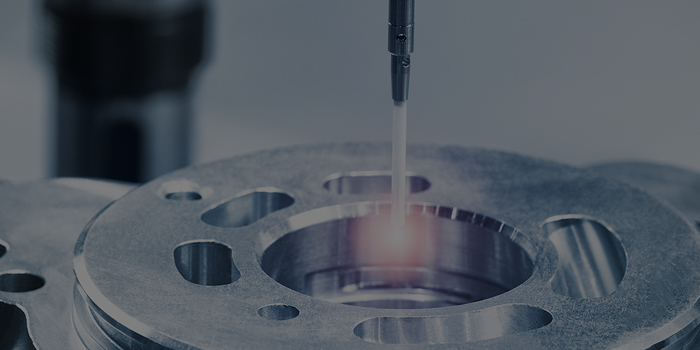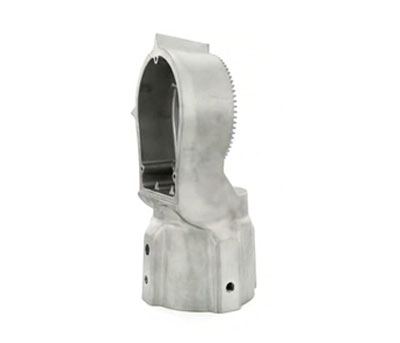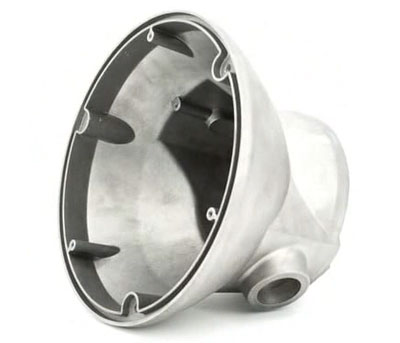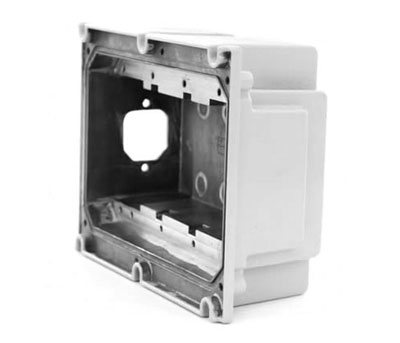Die Casting
Metrics Vietnam provides superior quality die-casting components that serves several industries, including transportation, lighting, electrical vehicle manufacturers, CON/AG, and electrical and power manufacturers. Our global manufacturing capabilities provide cost-saving solutions that is delivered to you on-time, every time.
Our world-class precision die casting capabilities utilize a wide range of materials, including aluminum, zinc, copper, brass, bronze, and more.
The die casting process involves the use of a furnace, molten metal, a die casting machine and a die that has been custom-fabricated for the part to be cast. The metal is melted in the furnace and then the die casting machine injects that metal into the dies.
Die Casting Benefits
- Die casting can produce metal parts with complex shapes and do so with closer tolerances than many other mass production processes.
- Die casting yields especially high production rates, with parts that require little or no machining.
- Die casting results in parts that are durable, dimensionally stable, and project the feel and appearance of quality.
- Parts that have been die cast are stronger than plastic injection moldings, which offer similar dimensional precision. Wall castings are stronger and lighter than those possible with other casting processes.
- Die castings can be produced with thinner walls than those obtainable by other casting methods. Die castings are generally much stronger than plastic injection moldings with the same dimensions.
- Die casting can produce metal parts with complex shapes and do so with closer tolerances than many other mass production processes.
- Die casting yields especially high production rates, with parts that require little or no machining.
- Die casting results in parts that are durable, dimensionally stable, and project the feel and appearance of quality.
- Parts that have been die cast are stronger than plastic injection moldings, which offer similar dimensional precision. Wall castings are stronger and lighter than those possible with other casting processes.
- Die castings can be produced with thinner walls than those obtainable by other casting methods. Die castings are generally much stronger than plastic injection moldings with the same dimensions.
Industries We Serve
Lighting
High-quality castings, extrusions, machining, forgings and some stampings for a variety of commercial and consumer lighting products
Transportation
Industry-leading castings, forgings, and machinings for common automotive parts including housings, manifolds, connectors, transmission components
Con/Ag
Industry leading & proprietary processes that deliver cost-effective manufacturering & global supply chain services
Electrical
Win-win solutions for several electrical Tier I & II customers including precision castings, forgings, machinings, stampings & more
E-Mobility
Partner with many Tier I manufacturering customers & provide castings, forgings, machinings, stampings for electric vehicles

Die Casting Materials
Most die castings are made from non-ferrous metals. Depending on the type of metal being cast, a hot-or cold-chamber machine will be used.
- Aluminum
- Magnesium
- Zinc
- Brass
- Copper










